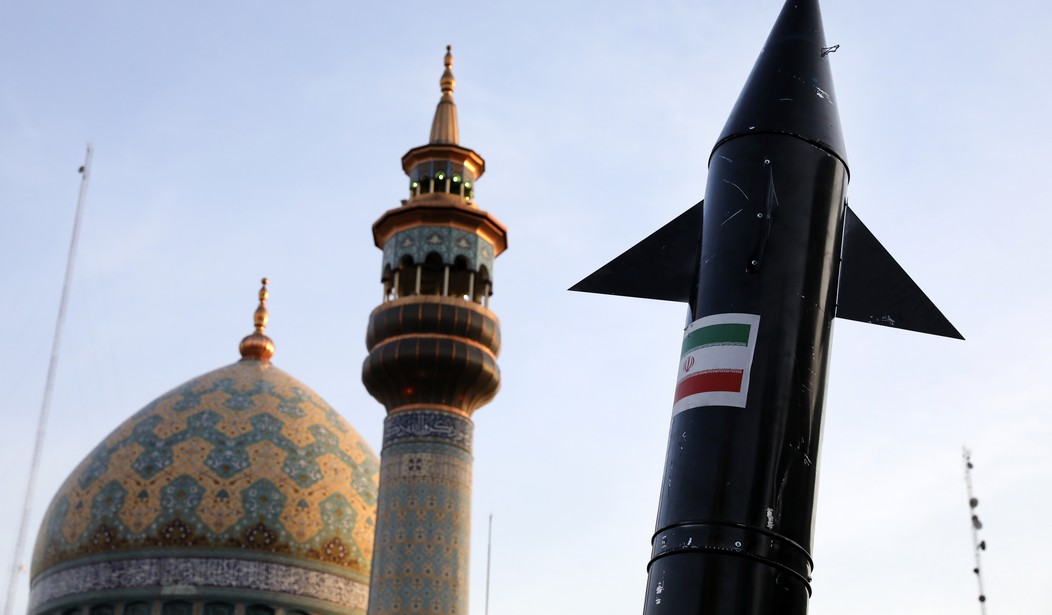Iran's Foreign Minister Abbas Araghchi directly contradicted President Trump's announcement of a ceasefire agreement Monday evening, stating there is "NO agreement" on any cessation of military operations between Iran and Israel.
In a social media post published shortly after Trump declared a "Complete and Total" ceasefire had been reached, Araghchi clarified Iran's position and issued what amounts to an ultimatum to Israel.
"As of now, there is NO 'agreement' on any ceasefire or cessation of military operations," Araghchi wrote on X. "However, provided that the Israeli regime stops its illegal aggression against the Iranian people no later than 4 am Tehran time, we have no intention to continue our response afterwards."
As Iran has repeatedly made clear: Israel launched war on Iran, not the other way around.
— Seyed Abbas Araghchi (@araghchi) June 24, 2025
As of now, there is NO "agreement" on any ceasefire or cessation of military operations. However, provided that the Israeli regime stops its illegal aggression against the Iranian people no…
Is There a Ceasefire in Place?
For some, the Iranian Foreign Minister's statement throws into question the validity of Trump's ceasefire announcement, which the President said would take effect in stages over 24 hours and officially end what he termed "The 12 Day War." For others, the comment is seen as bravado and posturing, even as Iran is seemingly stuck with little military leadership left standing.
But even if Iran continues to fight, its nuclear capabilities seem all but decimated after U.S. intervention.
READ MORE: According to JD Vance, Iran Is 'Incapable of Building Nuclear Weapon' After US Strikes
Trump had indicated that both Iran and Israel had agreed to the ceasefire, which was reportedly brokered through Qatar's mediation. However, neither country had officially confirmed the agreement before Araghchi's contradictory statement.
The 4 a.m. Tehran deadline mentioned by Araghchi translates to approximately 8:30 p.m. Eastern Time Monday, which has already come and gone. That timetable was roughly six hours after his post and coincided with Trump's original timeline for the ceasefire to begin.
But, even if it's a firm stance for the moment, Araghchi's statement reveals Iran's position as conditional rather than a firm agreement. The Foreign Minister indicated Iran would cease its military response only if Israel stops what Tehran calls "illegal aggression" by the specified deadline.
"The final decision on the cessation of our military operations will be made later," Araghchi added, suggesting Iran retains the right to resume attacks if Israel continues its campaign.
The statement also reiterates Iran's narrative about the conflict's origins: "Israel launched war on Iran, not the other way around."
This refers to Israel's June 13 surprise attacks on Iranian nuclear facilities and military targets that initiated the current conflict. On April 12, 2025, President Donald Trump gave Iran 60 days to come to terms. The June 13 attacks came on day 61.
On Timing and Context
Araghchi's contradiction comes hours after Iran launched retaliatory missile strikes against the US Al Udeid Air Base in Qatar, with 14-19 missiles fired in response to Saturday's American bombing of three Iranian nuclear sites.
The Iranian attack caused no casualties, with most missiles intercepted by Qatari and US air defenses. Trump called the Iranian response "very weak" and thanked Iran for providing advance warning.
Despite the contradiction from Iran's chief diplomat, sources familiar with the negotiations told Reuters that Qatar's Prime Minister Sheikh Mohammed bin Abdulrahman Al Thani had secured Tehran's agreement to a US-proposed ceasefire during a call with Iranian officials.












Join the conversation as a VIP Member